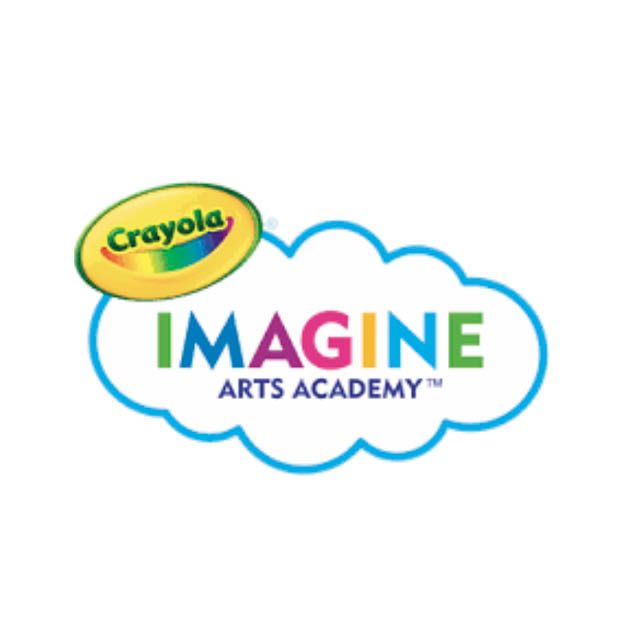Move Freely. Live Fully.
How The Vital Stetch Method Can Help All People.
Health and wellness are bigger than ever. American’s interest in living longer, healthier lives isn’t anything new, but the pandemic brought a renewed focus to wellness for many. And the numbers back it up. According to Statista, the worldwide wellness market was estimated to bring in more than $4.3 trillion in 2020, an amount that is expected to increase to almost $7 trillion by 2025. The U.S. portion is $1.2 trillion, making up 28% of the worldwide wellness market.
At the forefront of this growth is assisted stretching. Safe and effective for just about anyone, assisted stretching offers a comprehensive range of benefits, from better circulation to stress relief, from improved sleep to increased energy. But that isn’t all. Too many people experienced physical pain during the pandemic due to their change in work environment and increased stress. Assisted stretching also improves posture and range of motion, acting as a natural pain reliever to help those who suffered after working at their dining room table. Since the pandemic, people are placing increased emphasis on their health and wellbeing with Assisted Stretch at the top of the list.
The developers of The Vital Stretch, husband and wife duo Rob and Melissa Goldring, built on their combined 50-plus years as clinicians in creating the method. Blending the dynamic movement, static hold, PNF and fascial stretching, The Vital Stretch incorporates the couple’s experience in Physical Therapy and Chiropractic to relieve tight muscles, tense fascia and stiff joints.
Who can benefit from stretch?
There are few limits on who can use and benefit from The Vital Stretch Method. The franchise brand’s target audiences fall into four groups:
Injury Recovery—People looking to recover more quickly from an injury and prevent further injuries. Whether it is a pulled muscle from a particularly strenuous workout or general wear and tear from daily life, everyone has suffered some injury they wish they could bounce back from quicker. Assisted stretching can help with that.- Peak Performance—Individuals seeking to achieve more from their workouts but who are being held back by tight and imbalanced muscles or a limited range of motion. From weekend warriors to average people wanting to stay healthy, more and more people are looking for ways to look and feel their best for longer. Assisted stretching can aid in this effort.
- Everyday Ease—Anyone interested in relieving stress, stiffness, soreness and pain they encounter daily. Sedentary lifestyles, working at a desk, changing bodies — each of us deals with different issues day-to-day that affect our mobility and flexibility. Assisted stretching benefits anyone seeking to feel less pain in their everyday activities.
- Graceful Aging—Older adults want to stay autonomous and independent as they get older and to continue engaging in the activities they love. As we age, our bodies change, but there are ways to ensure that you stay as limber and active as possible. Again, assisted stretching provides a way for people to maximize their well-being as they get older.
“Our method speaks to such a range of people,” Rob shares. “And our techniques are tailored to each person’s individual needs. That means we can help people move better whether they have issues with tight muscles, pain or aging. The goal is to help them live better.”
People may feel lighter and looser in their daily movements or experience less stiffness and soreness because of The Vital Stretch sessions. While many people may first think of massage when it comes to releasing stress and tension, assisted stretching can be as effective, if not more so. Assisted stretching releases the stress and tension you hold in your muscles and fascia, and its results can last longer than those of a massage.
“More active clients who love to exercise, whatever type of exercise they enjoy, can overcome limits they’ve run up against in their workouts,” Melissa explains. “Or they may simply find their overall performance has been enhanced.” She adds that while they designed The Vital Stretch Method for the four groups above, most people span several of those groups.
The science of stretching
Research backs up the potential for living better that assisted stretching provides. One study looked at residents of a residential retirement community. The elderly participants were divided into two groups, one that went through an eight-week active-assisted stretching program and another that did not. The stretches focused on functionality, mobility, power and range of motion (ROM). Those who did the assisted stretching demonstrated significant increases in ROM and all the other performance measures.
One of the reasons why assisted stretching is so beneficial is how it allows people to increase their range of motion. Assisted stretching can reach sources of tension that people simply can’t on their own, providing a more efficient stretch than someone can do themselves. It also focuses on balance and helping the entire body, not just one region or area. Assisted stretching can get into places an individual may not be able to on their own. “Everyone will say stretching is good for them, but very few people do enough of it,” Melissa says. “Assisted stretching allows us to do something very important that is often overlooked, correcting imbalances in the body, improving circulation and balance, and so many other benefits.”
“It doesn’t matter your age, your lifestyle or your fitness level, The Vital Stretch supports a variety of people,” Rob says. “Assisted stretching is the new, natural pain reliever.”
Interested in learning more about The Vital Stretch franchise opportunities? Contact Rob and Melissa Goldring by visiting Franchising at TheVital Stretch.com.
ABOUT THE AUTHORS
Dr. Rob and Melissa Goldring have a combined 50 years + years of clinical experience, treating people with musculoskeletal issues. Rob, a licensed Chiropractic Physician, and Melissa, a licensed Physical Therapist spent their careers helping patients overcome injuries and other health concerns.












